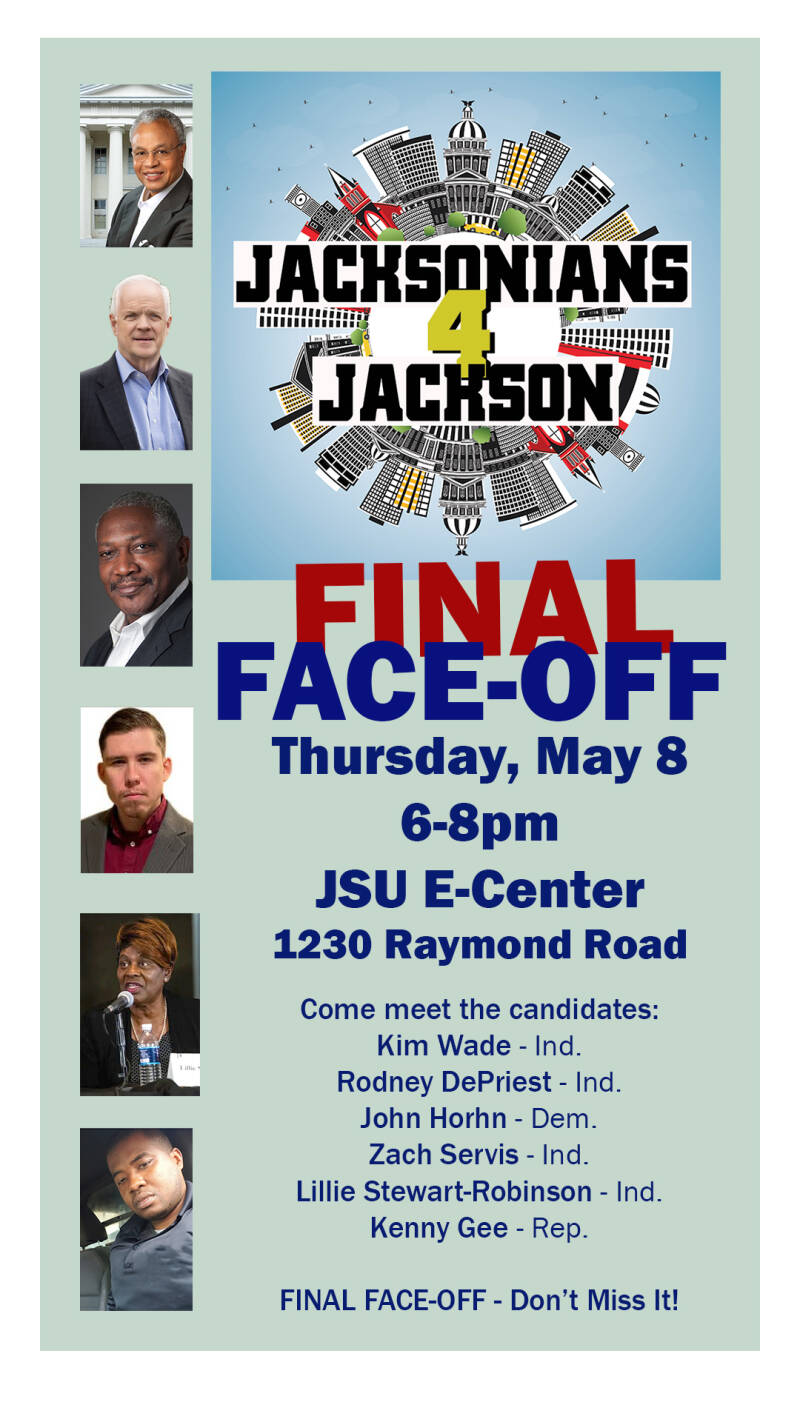

We are a small club. We are NOT TAX-DEDUCTIBLE.
Any money we have is used for the newsletter, and events.
No one gets paid. In fact, they spend too much of their own money to bring
this to Jackson to try and figure out a way to IMPROVE Jackson.
If you are interested in getting our newsletter, please fill out the contact form on the CONTACT page.
We will be glad to put you on our list.

